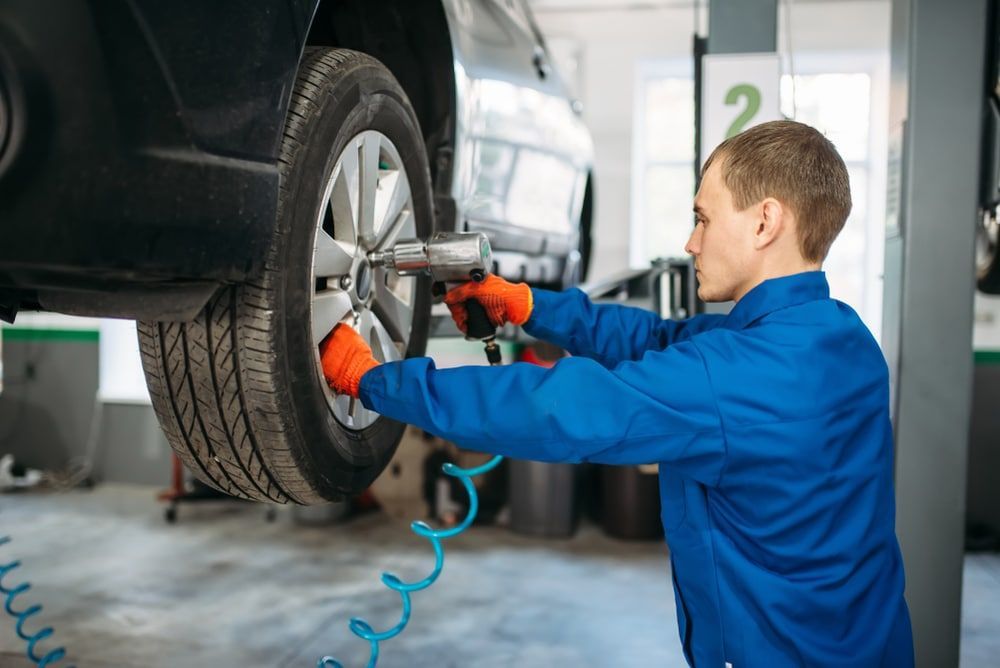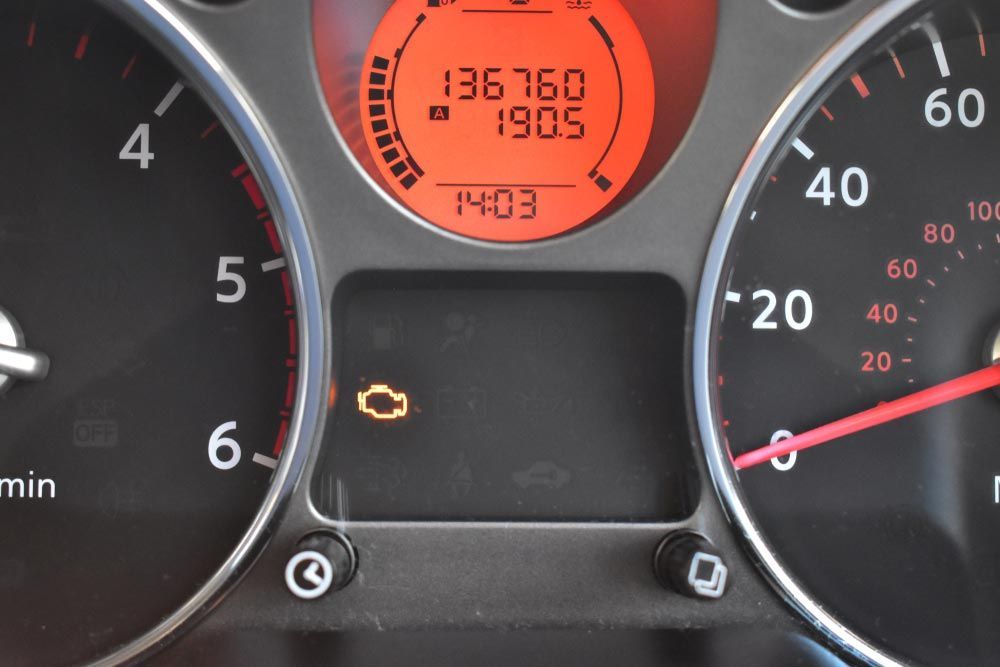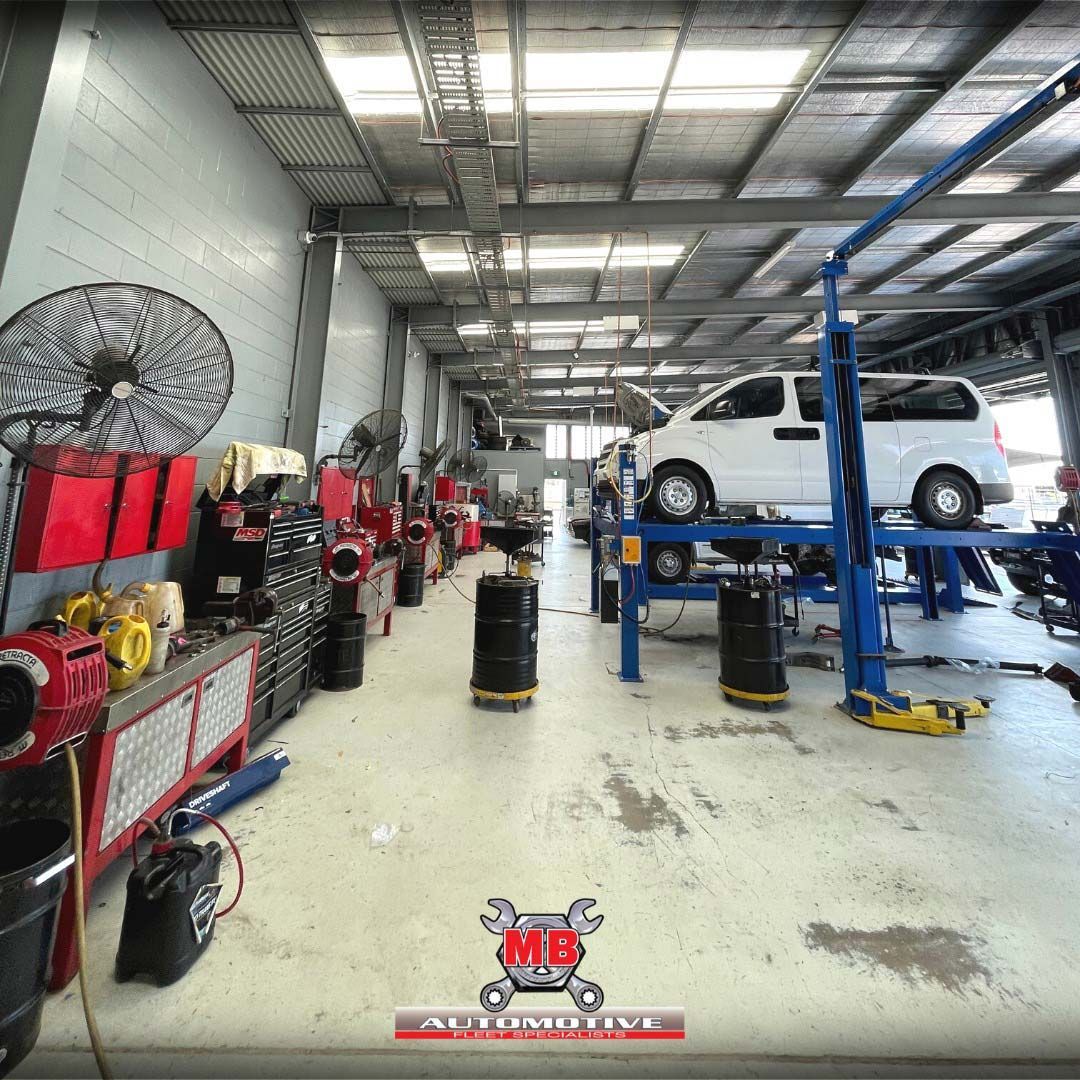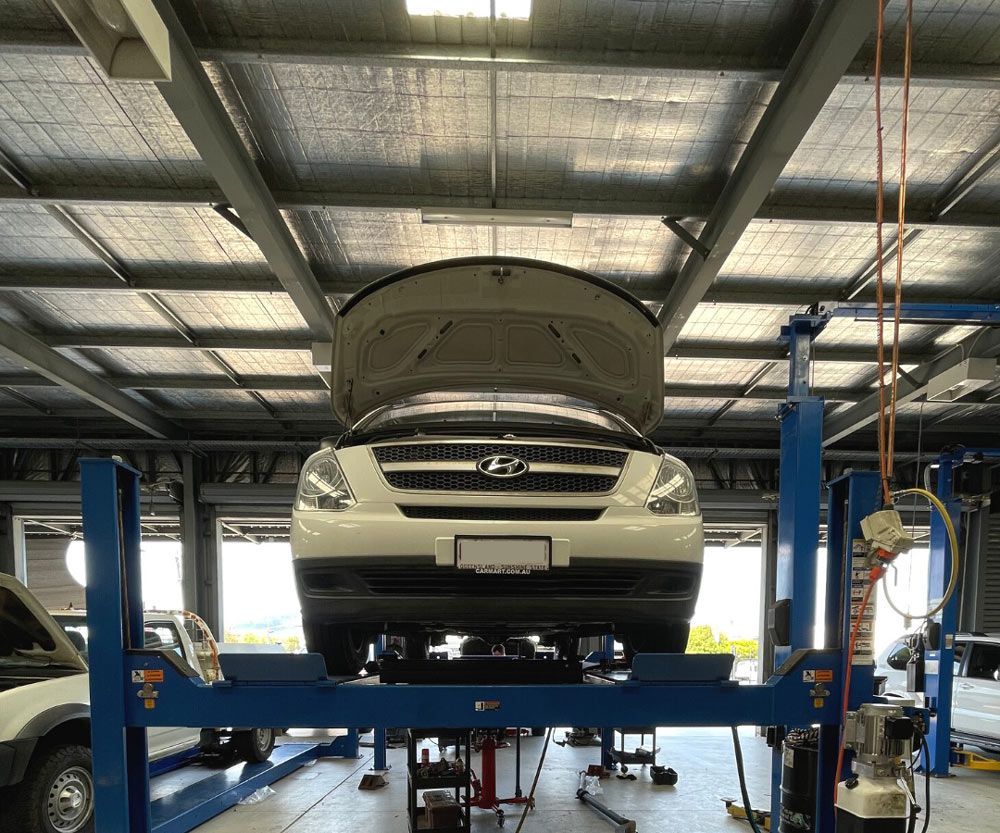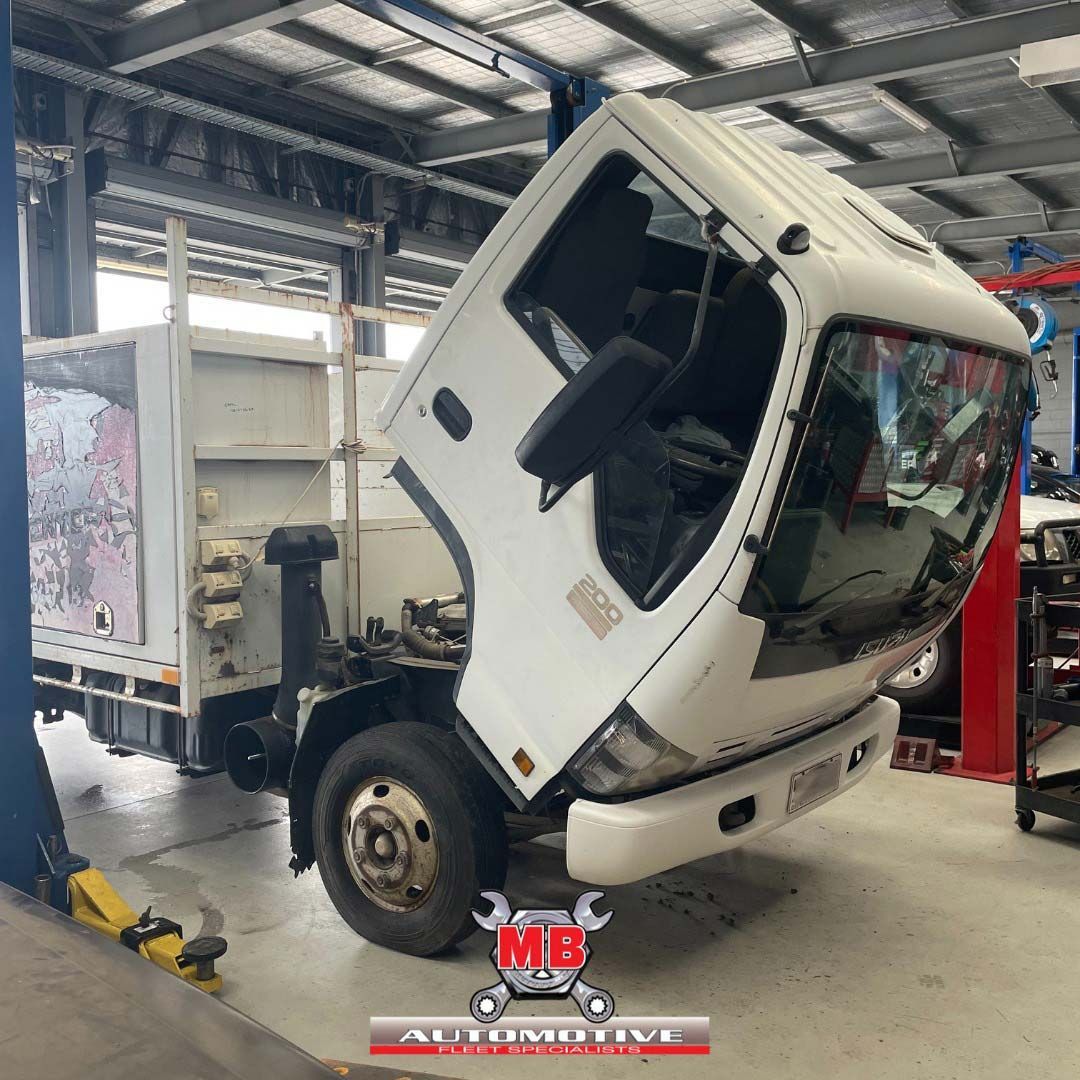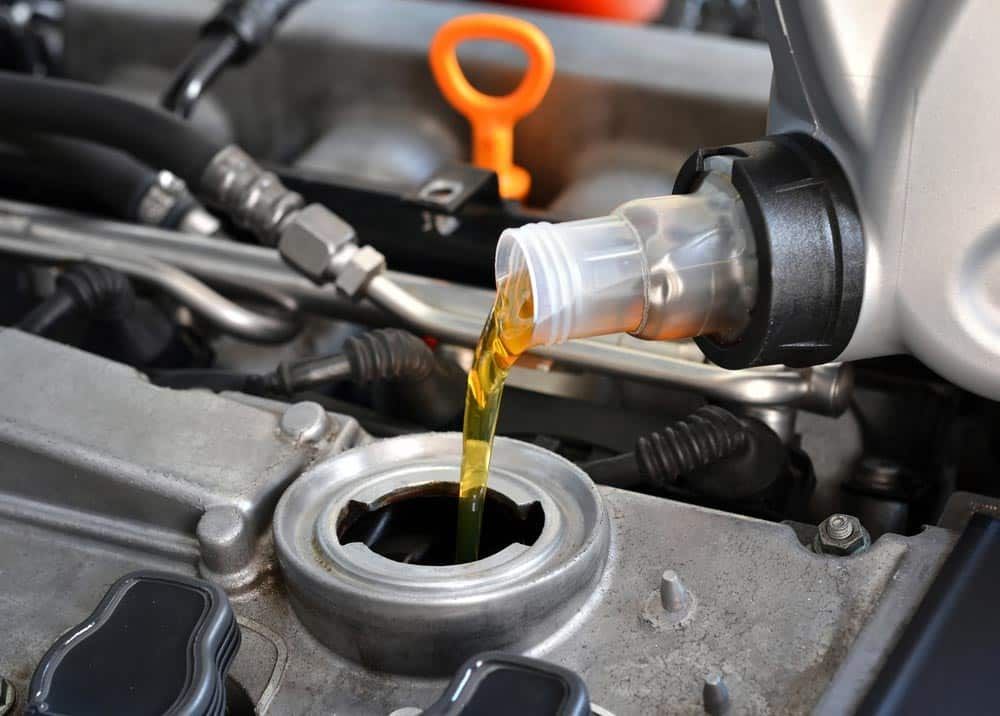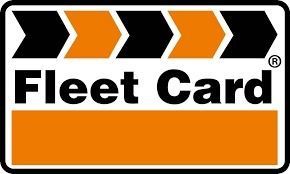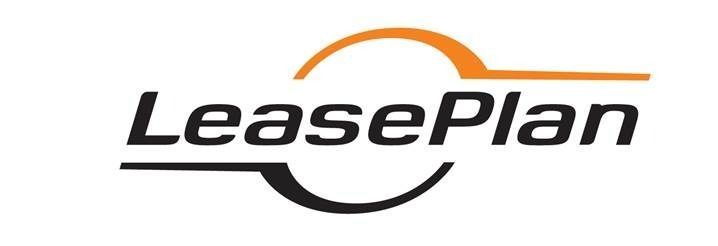Fleet Maintenance For Different Vehicles
If you’re a fleet manager, you’ll understand that maintenance is essential for keeping your vehicles on the road and your business running smoothly. However, different types of vehicles require different types of maintenance. In this blog post, we’ll explore maintenance for varying vehicle types and provide handy tips to help you keep your fleet on the street.
Regular Inspections Are Key
First and foremost, no matter what vehicles you operate, regular inspections are crucial for fleet maintenance. It’s important to inspect all vehicles regularly to ensure that they are safe to drive and operate efficiently. This includes checking the oil levels, brakes, tyres and other major components of the vehicle.
Logbook Servicing
Another important aspect of fleet maintenance is logbook servicing. This refers to following the manufacturer’s recommended maintenance schedule for each vehicle in your fleet, as outlined in the vehicle’s logbook. This can include regular maintenance tasks such as oil changes, tyre rotations and fluid replacements.
Logbook servicing is important because it helps ensure that each vehicle in your fleet is being properly maintained and that all necessary maintenance tasks are being completed on-time. By following the manufacturer’s recommended maintenance schedule, you can help prevent premature wear and tear on your vehicles, as well as identify potential issues before they become more serious problems.
Cars, Utes & Light Trucks
Regular maintenance is crucial to keep cars, Utes, and light trucks in good working condition. These vehicles require frequent oil changes, typically every 4,500 km or as recommended by the manufacturer, to ensure that the engine is lubricated properly. In addition to changing the oil, it’s important to inspect and replace other key components such as the air filter, spark plugs, and brake pads regularly. Ignoring these maintenance tasks can lead to poor fuel economy, reduced engine performance, and safety hazards on the road.
Heavy Vehicles
Heavy-duty trucks and buses face unique maintenance challenges due to their size and weight. These vehicles require frequent inspections and servicing to ensure they are safe to drive and operate efficiently. Critical components such as the brake system, suspension and steering need to be inspected regularly to avoid any catastrophic failures on the road.
Additionally, heavy vehicles require regular maintenance of their diesel engines, which involves changing the oil and fuel filters, as well as cleaning the emissions control systems. Failure to perform these maintenance tasks can lead to increased fuel consumption, emissions, and costly breakdowns.
Keep It Clean
In addition to regular inspections and maintenance, it’s also important to keep your fleet vehicles clean. This includes both the interior and exterior. Regular cleaning can help prevent corrosion and extend their lifespan. This is especially important for vehicles that are frequently exposed to harsh weather conditions, such as sea air, rain or snow.
Driver Training
Finally, it pays to provide your drivers with the necessary training and resources to ensure that they are driving safely and responsibly. This can include defensive driving courses, regular safety meetings and access to safety equipment such as reflective vests and first aid kits. By investing in the safety and training of your drivers, you can help prevent accidents and keep your fleet of vehicles in good shape.
In conclusion, fleet maintenance is essential for keeping your vehicles safe and operating efficiently, regardless of the type of vehicle you may have. By following these tips and investing in regular inspections, maintenance, and training, you can ensure that your fleet of vehicles will remain in optimal condition for years to come. For inspections, maintenance and repairs in Townsville, visit MB Automotive.

